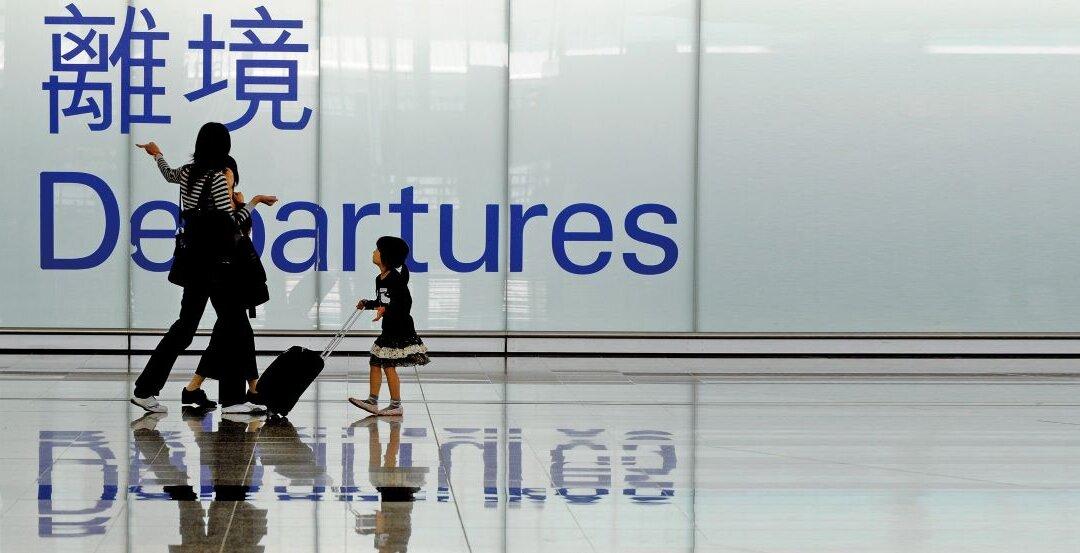In recent years, there has been an exodus of Hong Kong residents, and apart from the UK and Canada, Taiwan has been one of the popular destinations for immigration. However, there have been voices suggesting that some Hong Kongers have been rejected for reasons related to “national security.”
Control Yuan (the supervisory and audit branch of the Taiwan government) members Chi Hui-jung, Yeh Ta-hua, and Shih Chin-fang issued a press release, urging Taiwan’s Mainland Affairs Council, the National Immigration Agency, and the Investment Review Committee, Ministry of Economic Affairs to review immigration policies for Hongkongers to align with the government’s “Support Hong Kong, Support Hong Kongers” policy.




